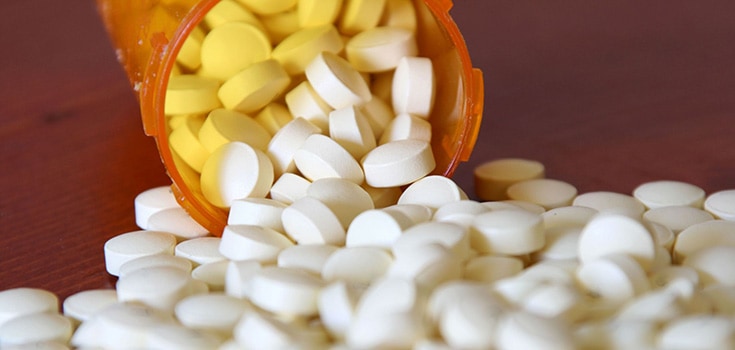Antidepressants Could Make Your Brain Bleed, Cause Hemorrhagic Strokes

Thickened arteries, heart disease, depression, suicide, and now, we can add bleeding of the brain to the long list of side effects of antidepressants. Though the risk is admittedly very small, researchers declared on Wednesday that selective serotonin reuptake inhibitors (SSRIs) may raise the risk of hemorrhagic strokes, which happen when the brain bleeds.
SSRIs include a wide variety of common antidepressents, including Prozac, Zoloft, Celexa, and Paxil. These drugs are also linked to an increased risk of stomach bleeding.
Platelets Can’t Clot, Hemorrhage
After analyzing 16 previous studies involving over 500,000 patients, researchers determined that SSRI users were 40 to 50 percent more likely to suffer bleeding of or around the brain. The researchers were not, however, able to collect other relevant data, like subjects’ smoking and drinking habits, diet, and whether they had diabetes. Their findings were published in the journal Neurology.
Although lead researcher Dr. Daniel G. Hackam of Western University in London, Ontario says that we “can’t infer cause and effect from this,” it isn’t exactly an unreasonable association. Blood cells (platelets) have difficulty clumping and clotting in the presence of SSRIs, causing the patient’s platelet function to stumble soon after taking SSRIs. This may be why patients experienced the greatest risk of hemorrhage within the first few months of taking the drugs.
People already at risk of brain hemorrhage would do well to stay away from SSRIs, Hackam added, as well as those on medications that reduce clotting like Coumadin or an aspirin-Plavix combination.
Psychiatrists and Financial Conflicts of Interest
It’s worth noting that Hackam also says that these drugs are, overall, “quite safe.” Perhaps he’s neglected to look at the Emory University School of Medicine’s findings that antidepressants thickened arteries 400 percent more than aging, which is the foremost factor of athersclerosis. Still other studies indicate that Cymbalta and other antidepressants cause 1 in 5 patients to feel worse than when administered placebos.
Why, then, are so many patients treated with powerful psychotactive drugs instead of a personalized combination of vitamin D, probiotis, diet, acupuncture, yoga, and other natural remedies? Perhaps because 70 percent of panel members to the 5th editionof the Diagnostic and Statistical Manual of Mental Disorders have financial ties to pharmaceutical companies.
Additional sources:

i love these articles that use one or two studies(?) to highten folks' fears, then leave us flat as to any acceptable alternative. how would YOU like to live in constant depression and/or anxiety? yeh, didn't think so.